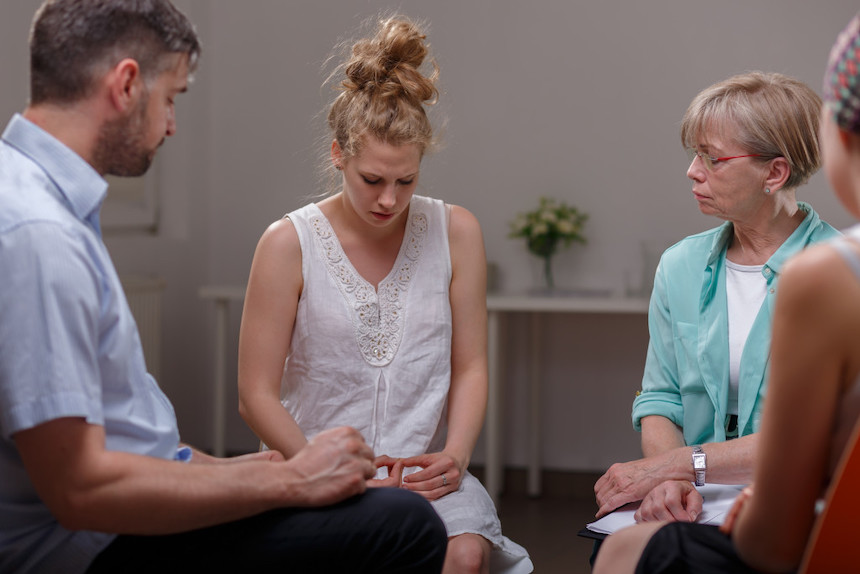
Friendship is powerful. When you really care about someone, you want them to feel cared for and loved. So when a friend struggles with an eating disorder, it can be heartbreaking and confusing to know how best to help them through it. It may seem daunting, but there are many things people who care about the person can do that might make all the difference in their recovery process.
Be Kind
Treat your friend with empathy and respect. They are dealing with a lot and may not be in the right state of mind to realize how much you care about them. But if you show them kindness, you will be planting seeds for when they are ready to accept help. They may even thank you for your compassion and care in the future.
Be Non-Judgmental
Eating disorders are sensitive issues, so try not to judge or dismiss your friend’s feelings. If your friend feels like they can talk openly and honestly with you, it may be the first step towards recovery (from anorexia).
Be Patient and Supportive
Your friend may not be ready for help at the time. Try to avoid taking it personally, and know that sometimes the recovery process can take a long time.
Let Your Friend Know You Care
A simple gesture like a card or note of encouragement can be a nice way to show your friend they are not alone in their struggles. It’s also a great reminder that they deserve your love and support as they try to heal from their eating disorder (bulimia).
Encourage Them to Seek Eating Disorder Treatment
It’s really important that your friend seeks treatment. It is the standard of care for eating disorders and provides a lifeline for your friend during the recovery process. It may even be one of the greatest gifts you can give them. Enable them to visit a residential eating disorder treatment facility to get them the help they need.
Offer to Help if Needed
It may be scary for your friend to come face to face with the abuser who may have caused their eating disorder, but it’s important that they know you are there for them. If you would like, offer to be an intermediary with the abuser/problematic family member and friend, so they feel confident enough to seek help independently. You may also offer to accompany them to an appointment with their therapist, or they can also be an inpatient at a residential eating disorder treatment facility (the best place for people who have eating disorders).
Give Them a Support System
Sometimes it’s hard for your friend to admit they need help, so it’s important that you show them that they have people around them who are there for them if you can, offer to take turns going out with your friend or plan fun activities that don’t focus on food.
In conclusion, respect your friend and their struggle for recovery, and always use kind and patient communication to reach out to them.
- The Best Non-Invasive Pipe Repair Methods for Your Home - April 4, 2024
- How To Properly Waterproof Your Basement - October 12, 2023
- How To Find a Wellness Routine You Can Stick to Long Term - July 22, 2023






